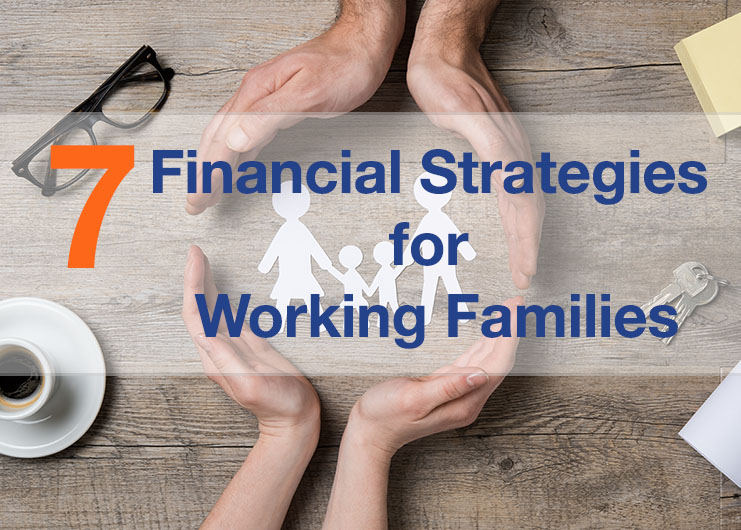
 Have you ever watched a cooking show where a world class chef is able to turn something as simple as a few vegetables and a piece of protein into what would probably be one of the best meals of your year? The chef works with the same ingredients that you do at home, yet the end result is a masterpiece! What does your meal look like?
Have you ever watched a cooking show where a world class chef is able to turn something as simple as a few vegetables and a piece of protein into what would probably be one of the best meals of your year? The chef works with the same ingredients that you do at home, yet the end result is a masterpiece! What does your meal look like?
Just as with cooking, learning and implementing a few basic financial strategies and techniques can really elevate your game. For too many putting together a long-term tax and financial strategy starts too late, losing out on early opportunities to make a significant long-term impact. If you are a younger working individual or family you should be asking yourself the following questions:
- Do I have a long-term tax and financial strategy?
- Am I taking advantage of all my available tax deductions?
- Am I on the right track financially to where I want to be?
Developing a long-term tax and financial strategy early in your career can reap tremendous rewards later in life. It can mean achieving the financial freedom to retire or pursue other interests years or even decades earlier than you would otherwise.
With some simple actions and financial discipline, you can reap some long-term rewards by following these 7 financial strategies
- Develop a budget and stick to it. Far too many people have no idea how much they are spending and what they are spending it on
- Keep at least 6 months of living expenses in a savings account. When it rains, it pours. The last thing you need is to liquidate assets in a tax inefficient manner, or go into debt, because something unexpected comes up
- Max out your pre-tax retirement plans at work such as a 401(k). If you are in the 25% or lower tax bracket, consider a Roth option
- Own your home and take advantage of favorable tax rules related to real estate ownership. Or if you are going to rent, then you should be SAVING
- Obtain a term life insurance policy. If the worst happens, your family will have some stability at a desperately needed time. Term policies are inexpensive. Avoid whole life policies. These are often extremely expensive and the long-term payoff and return is typically not what is advertised. Those selling these policies are making huge commissions… for a reason
- Do a “Backdoor” Roth IRA. After-tax contributions to a traditional IRA can be converted to a Roth IRA tax-free assuming you have no other pre-tax IRA assets. This rule applies separately for each spouse
- Contribute to your child’s future education by funding a 529 plan. Eventual withdrawals from this account are tax-free to the extent used for qualifying educational expenses.
